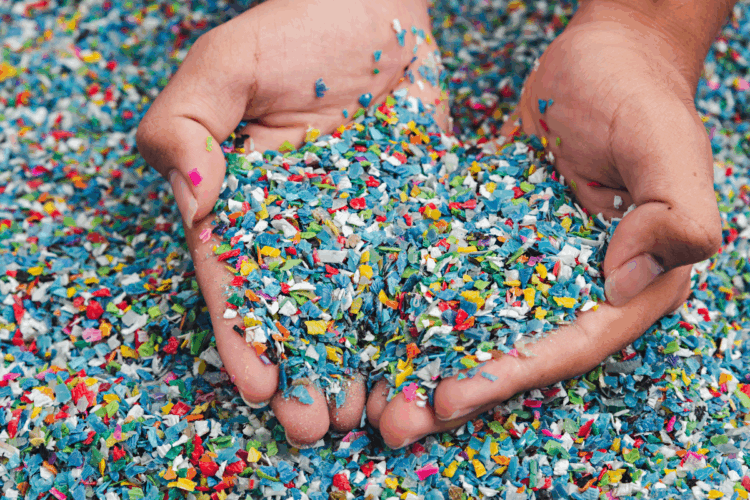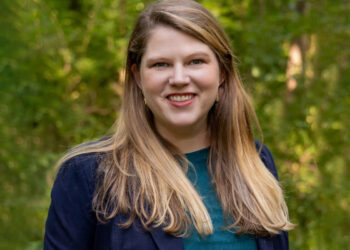The Ellen MacArthur Foundation has unveiled its Global Commitment 2025 Progress Report alongside the new 2030 Plastics Agenda for Business, a sweeping roadmap to transform how the world makes, uses and reuses plastics.
The Ellen MacArthur Foundation has unveiled its Global Commitment 2025 Progress Report alongside the new 2030 Plastics Agenda for Business, a sweeping roadmap to transform how the world makes, uses and reuses plastics.
This commitment serves as a pivotal next chapter in the global movement toward a circular economy for plastics, one that keeps materials in circulation, eliminates waste and reduces dependence on virgin resources.
Launched in 2018, the Global Commitment has grown into the world’s largest voluntary effort to tackle plastic pollution. Signatories representing approximately 20% of the global plastic-packaging market have already avoided 14 million tonnes of virgin plastic, tripled their use of recycled content and eliminated billions of problematic items. Combined, these efforts have prevented the utilization of enough fossil feedstock to keep one barrel of oil in the ground every second, according to the report.
Despite the positives happening, the foundation warns that the pace of change still falls far short of what’s needed, citing 80% of the market has yet to act meaningfully, and even the most ambitious companies face multiple barriers when it comes to addressing flexible-packaging waste and creating savvy recycling infrastructure.
That’s why the 2030 Agenda calls for companies to unite around three levers of change: collective advocacy for effective policy, collaborative action to share risk and cost and aligned individual commitments to keep driving innovation within their operations.
“Many business leaders ask what comes next,” said Rob Opsomer, executive lead for plastics and finance at the Ellen MacArthur Foundation. “The answer is simple: don’t wait. Companies that act now can help shape the rules, lower transition costs and make circular solutions the new normal.”
The report notes that governments and business must move in tandem for success. Through initiatives such as the Business Coalition for a Global Plastics Treaty, more than 300 companies are already advocating for legally binding, harmonized rules to accelerate progress and level the playing field.
The foundation’s new 2030 agenda translates those ideas into practical near-term actions. It urges companies to invest jointly in reuse pilots at city or national scale, coordinate research and development on alternative materials for flexible packaging and co-fund large-scale recycling and collection projects. It also emphasizes the need to safeguard worker health, safety and rights, including for informal waste pickers who play a critical role in existing recovery systems.
One of the companies highlighted in the progress report is SC Johnson, which the foundation says now leads the industry in virgin-plastic reduction. Since 2018, the Wisconsin-based manufacturer has cut its virgin-plastic use by 33%, not only surpassing its 2025 goal, but quadrupling its use of post-consumer recycled material to 25 percent across its packaging portfolio. The company has also improved the recyclability of its packaging from 49% to 64% and will now target a 55% reduction in virgin plastic and 55% recycled content by 2030.
Other Global Commitment signatories include Unilever, Nestlé, Danone, L’Oréal, PepsiCo and TOMRA, each of which has reaffirmed or raised their goals under the new framework. Collectively, they argue that coordinated advocacy, consistent policy and shared infrastructure will make circular packaging both technically and economically viable.
For the Ellen MacArthur Foundation, the 2030 agenda is about converting early proof points into mainstream practice. The organization will continue to coordinate cross-industry projects on reuse, flexible-packaging innovation, and infrastructure, while reporting transparently on where progress is being made and where it isn’t.






















